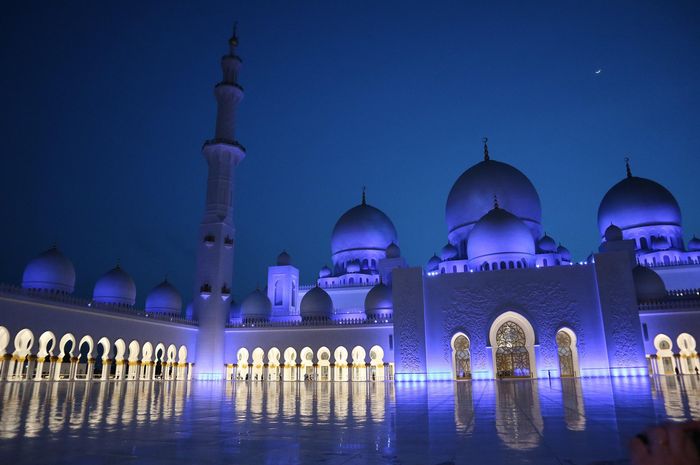“The human rights situation in Russia has greatly worsened since Russia’s attack on Ukraine, and the authorities’ persecution and imprisonment of opposition figures, speakers and opponents of war continues in full swing.”
This was stated by Foreign Minister Anniken Huitfeldt (Ap) in a written answer to Storting representative Ine Eriksen Søreide (H) at the end of June and continued:
“The Putin regime has gone from being authoritarian to increasingly totalitarian features. The last free media are closed and any critical expression can result in a long prison sentence”.
An authoritarian regime is characterized, among other things, by limited freedom of expression and the absence of free and democratic elections. Whereas a totalitarian regime will aim for universal and total control over all individuals and activities in society. Italy under Benito Mussolini, Germany under Adolf Hitler and the Soviet Union under Josef Stalin are linked to the concept of totalitarianism.
Huitfeldt has not responded to Dagbladet’s inquiries.
FOREIGN MINISTER: Annikeh Huitfeldt (Ap). Photo: Bjørn Langsem / Dagbladet
sea view
– A watershed
Senior researcher and Russia expert Julie Wilhelmsen at NUPI supports Huitfeldt’s assessment.
– I think that the foreign minister gives a correct description of the situation in Russia and she must be able to do that, says Wilhelmsen to Dagbladet.
– The repression of opposition and critics of the war has dramatically worsened since 24 February. For me, it has also been a watershed that colleagues report fear of being silenced by their own students if they speak critically about the war – this is a new and frightening situation.


